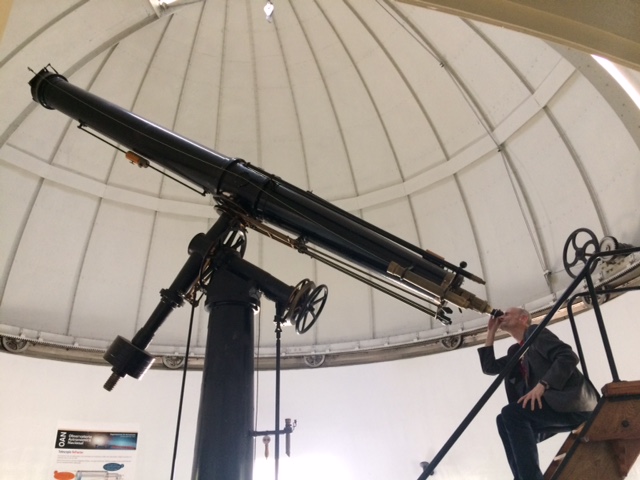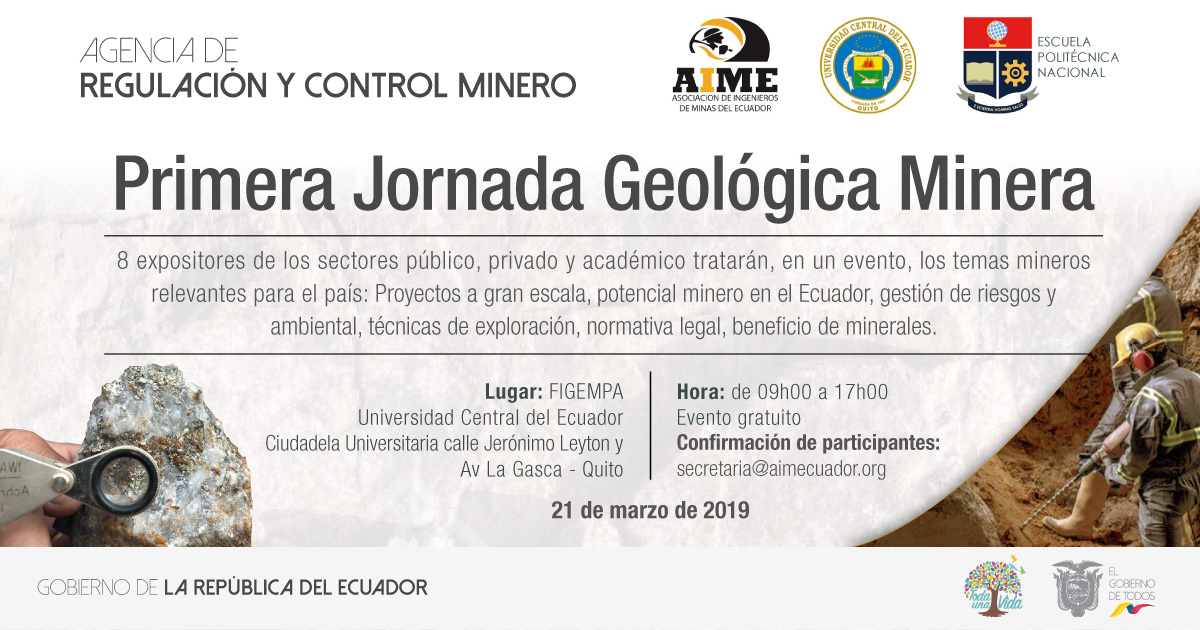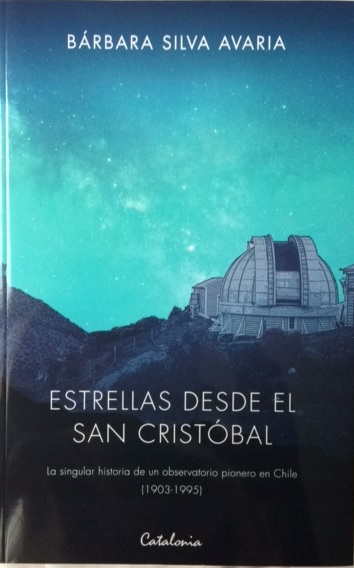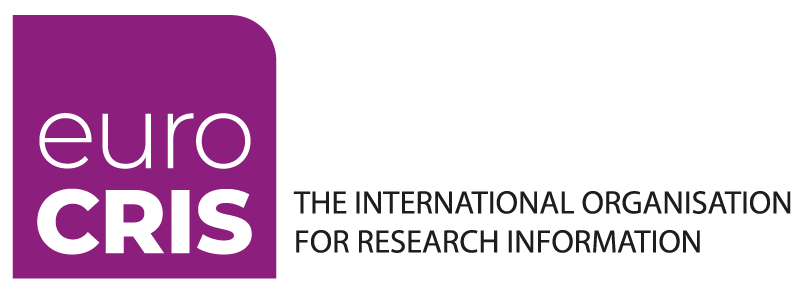It was a privilege to take part in the 6th Chilean University Library conference in Santiago last month in order to deliver a keynote on research information management (RIM) systems and research libraries.
There were several reasons why this was so. First and foremost, because of the opportunity to raise an increasingly relevant topic (RIM) that is already offering new professional horizons to a growing number of institutional research libraries around the world (see ample evidence for this in the recent 'Practices and Patterns in Research Information Management' report jointly produced by OCLC and euroCRIS).
And then there was the astronomy. One has an academic background in astrophysics, and Chile is a very special country for anyone interested in this discipline. An initial attempt to squeeze a trip North to Antofagasta into the tight schedule for the week was not to succeed, meaning the visit to the European Southern Observatory at Cerro Paranal will need to wait for some other future trip. The Universidad de Chile colleagues hosting the event managed however to kindly find a feasible alternative. The visit to the U Chile Department of Astronomy and its associated research facilities at Cerro Calán was lots of fun.
 On top of all this, the trip offered opportunities for an investigation of a different sort. For someone passionate about astronomy *and* working in the research information management domain, the visit provided the chance of trying to dig information on the social and economic return of the massive foreign investments in research infrastructure that astronomy has brought to the country – incidentally not just from the EU and the US, but increasingly from other countries too.
This is an area where the required impact information is frequently unavailable, not to mention insufficiently defined. Maybe not so much for a discipline like astronomy whose associated economic interests tend to rank on the lower side of the spectrum – astronomy is mainly about research, and while telescopes need of course to be built and serviced, thus supporting the emergence and consolidation of a local industry in the sector, the return will mostly take place in the socio-academic sphere (see for instance “José Maza achieves new record: largest scientific dissemination talk ever in the history of Chile”).
But think mining enterprises for instance – such a widespread economic and industrial area of activity in the region with its specific social and environmental issues – and you can start to grasp how difficult it may be to even outline the indicators that will serve to measure the socio-economic-academic return of the activity.
On top of all this, the trip offered opportunities for an investigation of a different sort. For someone passionate about astronomy *and* working in the research information management domain, the visit provided the chance of trying to dig information on the social and economic return of the massive foreign investments in research infrastructure that astronomy has brought to the country – incidentally not just from the EU and the US, but increasingly from other countries too.
This is an area where the required impact information is frequently unavailable, not to mention insufficiently defined. Maybe not so much for a discipline like astronomy whose associated economic interests tend to rank on the lower side of the spectrum – astronomy is mainly about research, and while telescopes need of course to be built and serviced, thus supporting the emergence and consolidation of a local industry in the sector, the return will mostly take place in the socio-academic sphere (see for instance “José Maza achieves new record: largest scientific dissemination talk ever in the history of Chile”).
But think mining enterprises for instance – such a widespread economic and industrial area of activity in the region with its specific social and environmental issues – and you can start to grasp how difficult it may be to even outline the indicators that will serve to measure the socio-economic-academic return of the activity.
 In the case of astronomy in Chile, this kind of 'research impact information' sits at a crossroads between many different disciplines – economics, research and development, history of science, Chilean history and politics and science policy to mention some of them. It was no surprise then that it took quite a while to find relevant bibliography (or even the correct section where to look for it) at the huge Universidad de Chile bookstore.
But there it was!
In the case of astronomy in Chile, this kind of 'research impact information' sits at a crossroads between many different disciplines – economics, research and development, history of science, Chilean history and politics and science policy to mention some of them. It was no surprise then that it took quite a while to find relevant bibliography (or even the correct section where to look for it) at the huge Universidad de Chile bookstore.
But there it was!
 It was only after coming back to the UK that one started looking around on the internet for some attempt to report on this kind of return – and came across this June 2017 article by Gabriel Rodríguez García-Huidobro in AAAS Science & Diplomacy "Chile: Global Astronomical Platform and Opportunity for Diplomacy". Some figures are reported in this wider reflection on the relevance of astronomy for the country, such as the number of PhD students trained in the fast few decades. This is research information management at work, and this sits at the basis of any exercise in evidence-based [socio-economic] decision-making.
RIM projects currently taking place in the region such as #PerúCRIS aim to implement the systems and workflows for a systematic and comprehensive collection of this research information wherever it happens to sit – usually at universities and research centres. But this is of course not just about the number of dissertations, publications or even patents produced as a result of a specific economic investment. On top of that, this is for instance about finding out how many and what funded research projects have taken place (or are taking place) in the public or the private sector, how many and what innovation-driven collaborations with what industries or how many early career researchers have been persuaded to remain in the country to further their academic careers.
This is the kind of information that CRIS systems regularly gather. So the gradual onset in the region of such initiatives for managing institutional research information and beyond isn't just good news for the research librarians who will be involved in the data curation. These initiatives are effectively enabling a deeper level of business intelligence to improve decision-making processes. The fact that this research information is made openly available by most CRIS systems is finally a key aspect to promote transparency and open government and to strengthen the science, technology and innovation system as a whole.
It was only after coming back to the UK that one started looking around on the internet for some attempt to report on this kind of return – and came across this June 2017 article by Gabriel Rodríguez García-Huidobro in AAAS Science & Diplomacy "Chile: Global Astronomical Platform and Opportunity for Diplomacy". Some figures are reported in this wider reflection on the relevance of astronomy for the country, such as the number of PhD students trained in the fast few decades. This is research information management at work, and this sits at the basis of any exercise in evidence-based [socio-economic] decision-making.
RIM projects currently taking place in the region such as #PerúCRIS aim to implement the systems and workflows for a systematic and comprehensive collection of this research information wherever it happens to sit – usually at universities and research centres. But this is of course not just about the number of dissertations, publications or even patents produced as a result of a specific economic investment. On top of that, this is for instance about finding out how many and what funded research projects have taken place (or are taking place) in the public or the private sector, how many and what innovation-driven collaborations with what industries or how many early career researchers have been persuaded to remain in the country to further their academic careers.
This is the kind of information that CRIS systems regularly gather. So the gradual onset in the region of such initiatives for managing institutional research information and beyond isn't just good news for the research librarians who will be involved in the data curation. These initiatives are effectively enabling a deeper level of business intelligence to improve decision-making processes. The fact that this research information is made openly available by most CRIS systems is finally a key aspect to promote transparency and open government and to strengthen the science, technology and innovation system as a whole.
 In the case of astronomy in Chile, this kind of 'research impact information' sits at a crossroads between many different disciplines – economics, research and development, history of science, Chilean history and politics and science policy to mention some of them. It was no surprise then that it took quite a while to find relevant bibliography (or even the correct section where to look for it) at the huge Universidad de Chile bookstore.
But there it was!
In the case of astronomy in Chile, this kind of 'research impact information' sits at a crossroads between many different disciplines – economics, research and development, history of science, Chilean history and politics and science policy to mention some of them. It was no surprise then that it took quite a while to find relevant bibliography (or even the correct section where to look for it) at the huge Universidad de Chile bookstore.
But there it was!


